Hospitality is Humanity – World Refugee Day 2021
Hospitality is Humanity
The COVID-19 pandemic has magnified pre-existing flaws in asylum systems across Europe. The reception of asylum seekers was insufficient, and even inhumane, in many countries. On the other side of the coin, hundreds of people are providing hospitality to people who have come to Europe seeking safety. Whether through family hosting schemes, day centres, cultural exchange projects or simply coffee mornings, European citizens are showing how hospitality promotes social inclusion, encounters between people and contributes to reducing discrimination.
When our hosts meet refugees, humanity spreads. Refugees become the face of hospitality too, changing lives for everyone in this equation.
Get to know the faces of humanity and hospitality that JRS is connecting around the world, building a Europe that welcomes, protects, and integrates refugees into fully inclusive societies based on the values of solidarity and hospitality.
We all win when Humanity becomes Hospitality, because then Hospitality becomes Humanity.
Spread the word, and help us build a hospitable Europe.
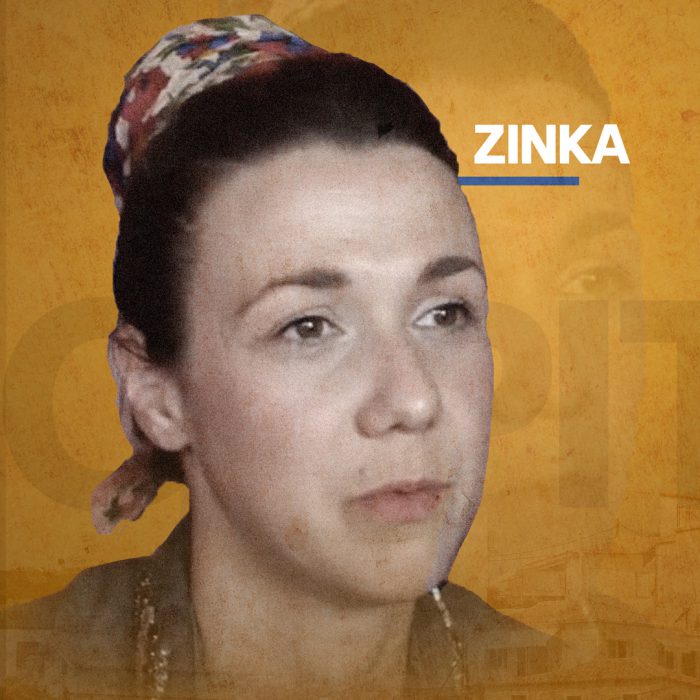
Zinka
The first thing I learned from Sadou was love that you share through food. They do it with a lot of love. They put all this positive energy in this food and they want to share it with people, they don’t like to eat alone and that is, maybe, the best way to break this fear of refugees.
If you meet them in person, then you create your own opinion, which is more realistic than what you hear on the TV, the news and the other media.
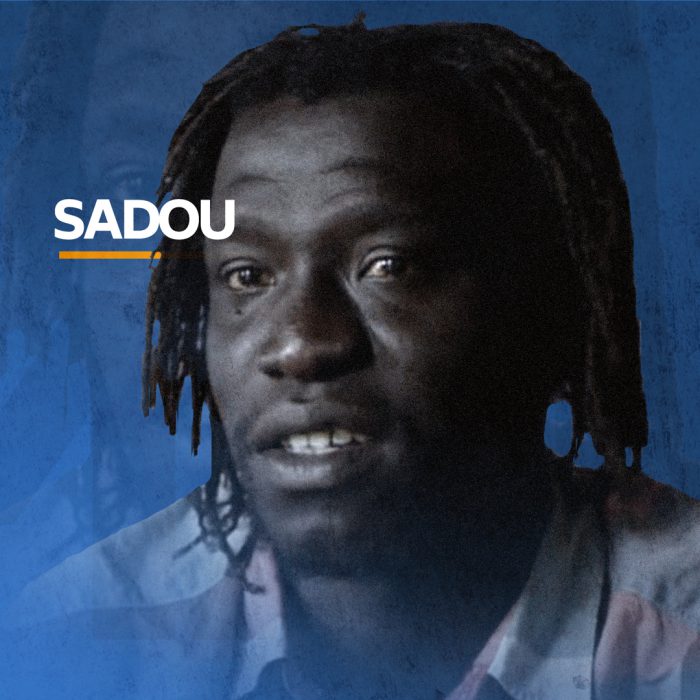
Sadou
I can say I’m the main cook and I coordinate the things, what’s going on in the kitchen. Cooking was something I started doing when I was really young, with my mom.
I’m not going anywhere. I’m here, I’m living here and I’m living with people and I have a job, I have an occupation and my plan is to make these things great.
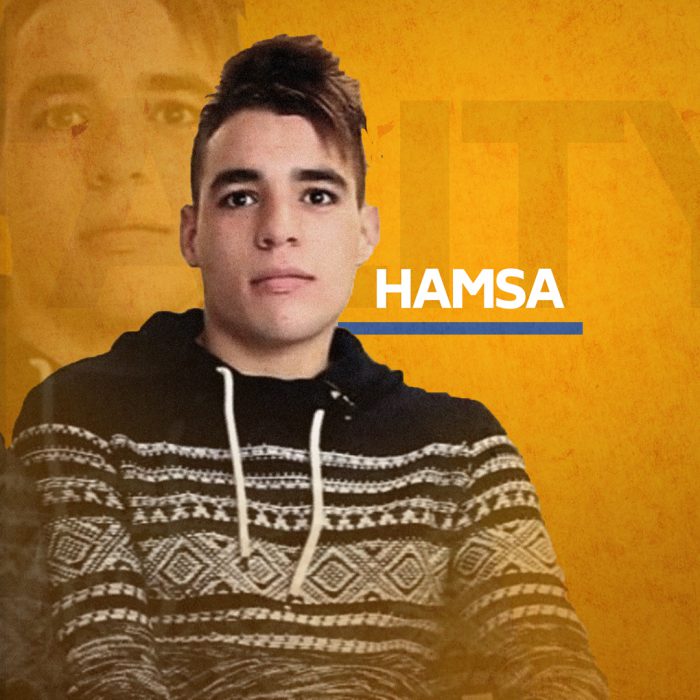
Hamsa
There are four boys of Moroccan origin and all of them came when they were under 18. Once they turn 18, they are sent out onto the streets, out of the shelters for minors. Among their needs we find one of the most basic ones: accommodation, to have a place to sleep.
I feel better here than on the streets. We get to know many people. I would love to work in a pastry shop in Bilbao because I like it as a job. I would love to work so that I can afford living calmly with my friends in a flat.
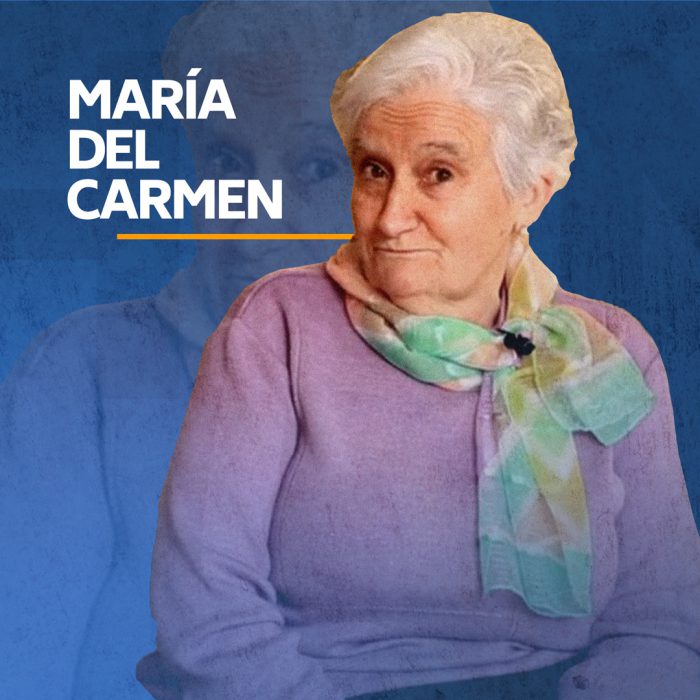
María del Carmen
We come in a group to support the project each Saturday. We come at 9.00 am in the morning. They find it hard to wake up at that time.
We try to convey to others that the skin colour is not relevant at all. What’s important is the heart, the person. We all must be united. People with people, hand in hand.
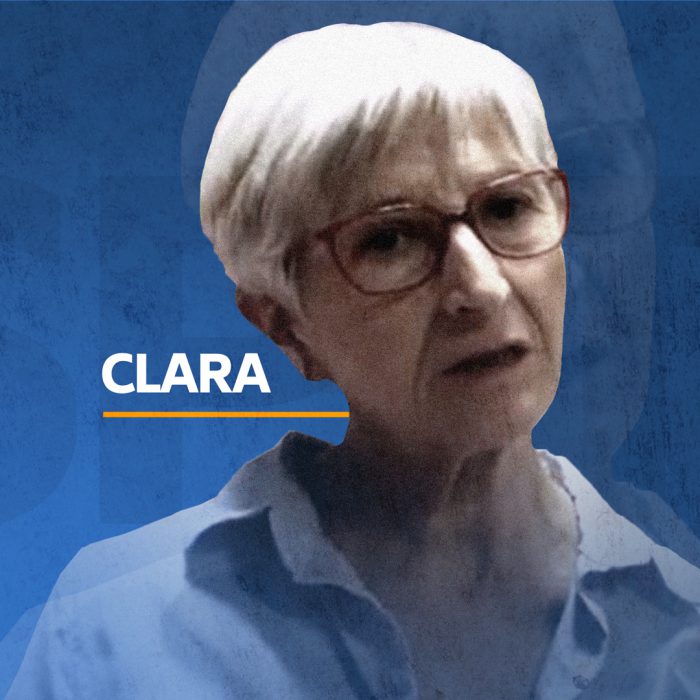
Clara
JRS is a relationship, it’s an encounter, it’s fraternity. It’s the face of a brother, a look between equals.
You discover equality between persons and you question your way of life. The hardest for me has been overcoming my own limitations.
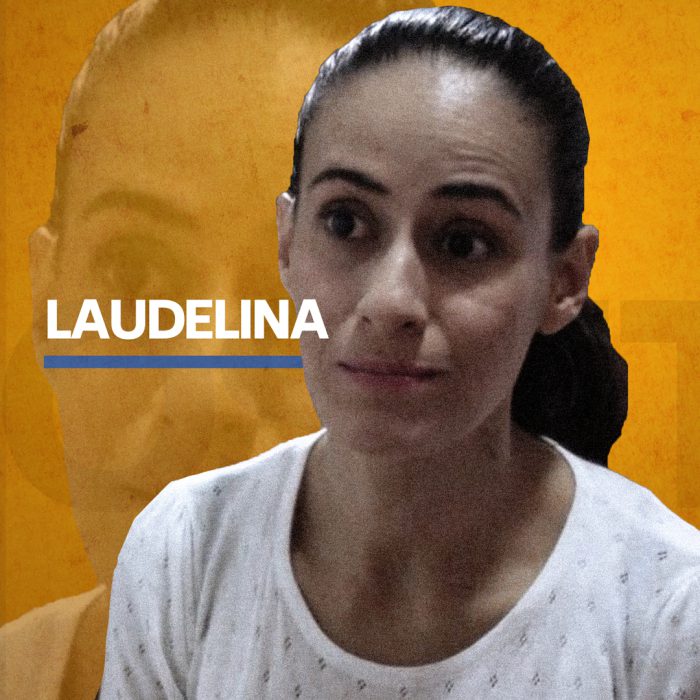
Laudelina
Sometimes, when you leave your country, you’re alone and you don’t have the refuge of your family or your friends. You’re starting from scratch, starting to meet different people, so you don’t know who to trust or if you’re meeting a good or bad person or if they mean well or they’re tricking you. Jesuits give you that feeling of security, as if they’re saying, calm down, you can do this.
The best thing I’ve taken away from this experience is my freedom. I went back to being myself again, you know? Thanks to the support and help I was given, I got my life back.
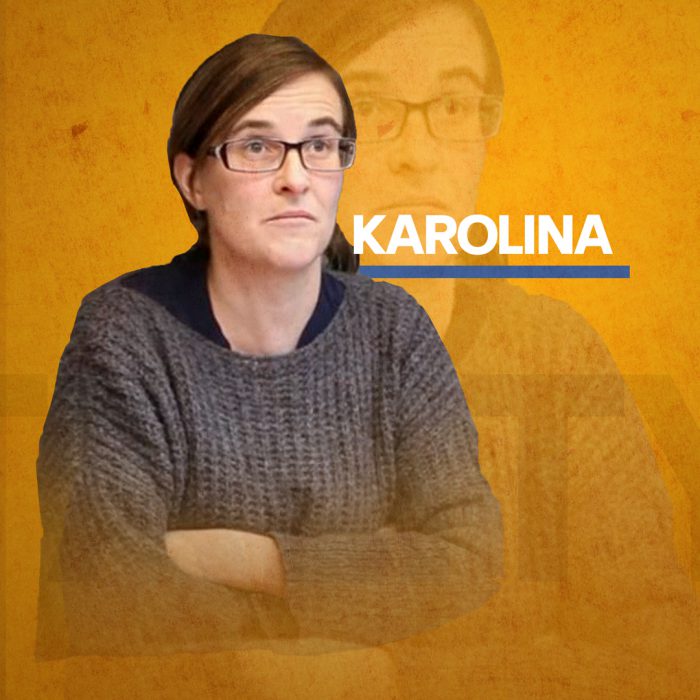
Karolina
The Welcome Project was a really good experience for us. For me, for my kids, and for my family. It’s also an educational project because my kids learned a lot and I did too, and we had a really interesting discussion with Rafat so it’s really well explained for all of us.
Something that was really interesting for me it’s to share our culture. For instance, he showed us siryan dance and my kids dance with him, we share about music, about literature and philosophy. It was very important for us to share our culture.
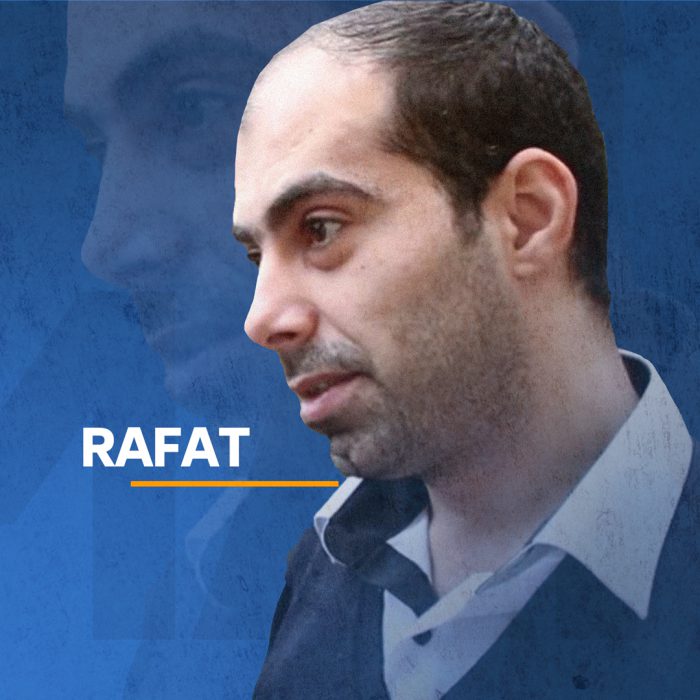
Rafat
I am Rafat, I’m a Syrian journalist. I’m now in Paris, in Colombes.
I like to play the piano with Karoline’s son. Music lets me dream and now I have a house where I can do it. I feel safe and can show others the warmth and calm that can be gained through music.
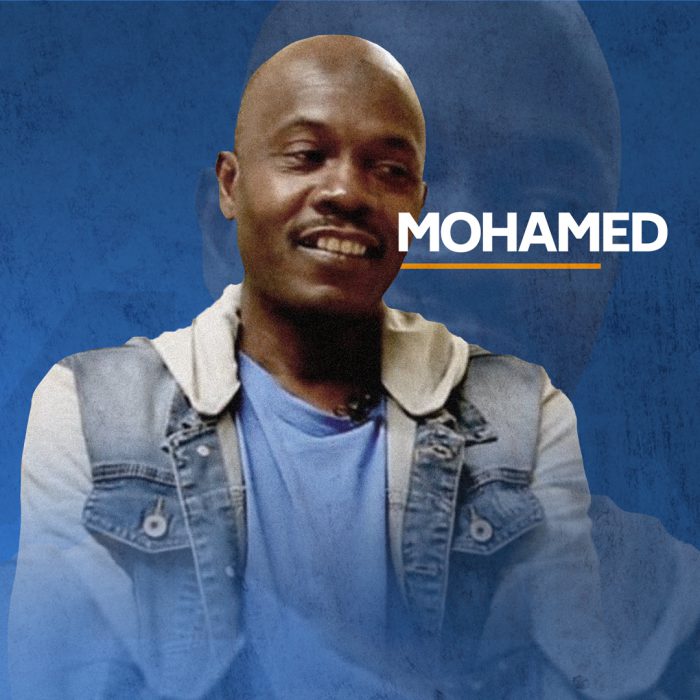
Mohamed
Actually, we thought of establishing the Sudanese Association after we arrived here and we found ourselves anti society. Anti society─out of the rule of local society. We opened a school to teach ourselves. We have to develop ourselves, to help ourselves. And in the meantime, to try to integrate with the local people here. To present ourselves as we are.
We have to make some effort as migrants, not only the Maltese or European People. This is what I believe.
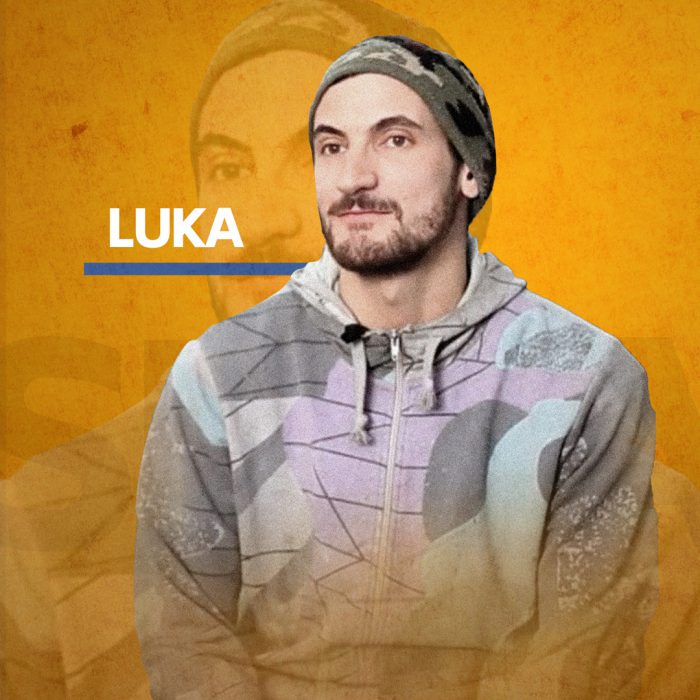
Luka
It’s the first time that I’m working with a refugee. We talk, we joke, we work well together. I didn’t speak a single word of English and he helped me a lot. How to say “spray painting,” what this or that part of the car is called.
This has been my first experience with a refugee and with him, I got along really well.
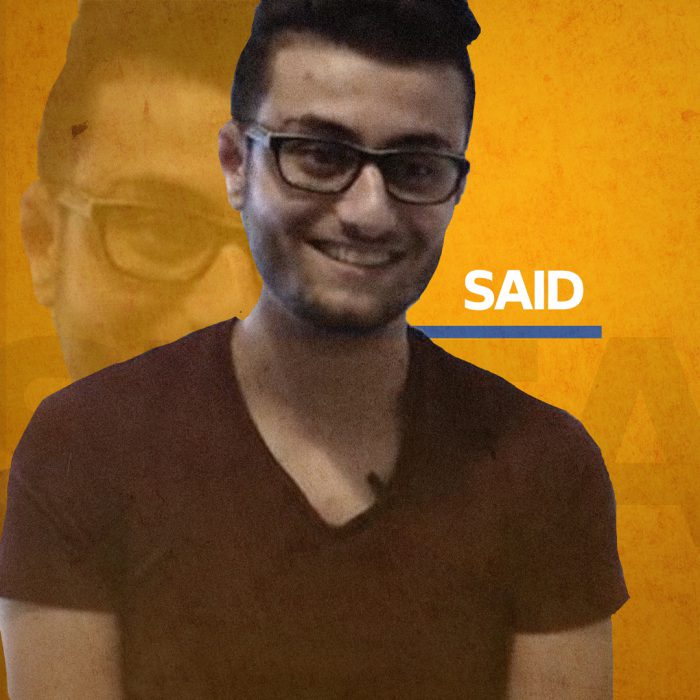
Said
I arrived in Spain in 2015 with my sister and brothers. We went from the airport in Jordan to the Madrid airport and we entered as refugees. After that, a long and difficult journey began in Spain, until we found Pueblos Unidos.
Life is hard but there are good people in this life. When I can, I’d like to do the same, welcome and help another family. These feelings are the best, better than anything else. Knowing that in tough times, these feelings lift me from the ground to the sky.
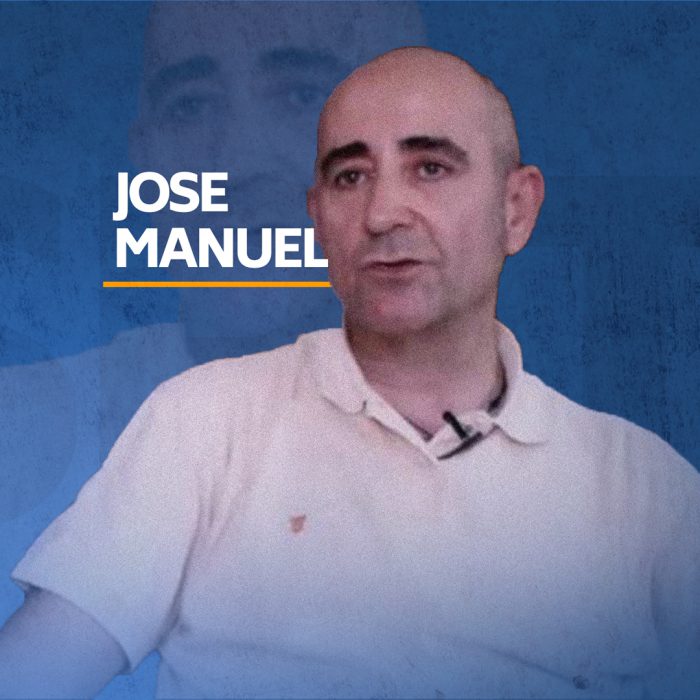
José Manuel
I would say the life of this family has changed. From the beginning of the project to today, we managed to establish routines. When they arrived, they were in a very precarious situation with no kind of help at all, in a completely vulnerable situation. This led us, at Pueblos Unidos, to reorganise everything. We managed to do it to the extent that nowadays, this family’s life is normal.
The best thing I’ve taken away from this experience is a family, it’s truly been meeting people who are like me and who are part of my life.
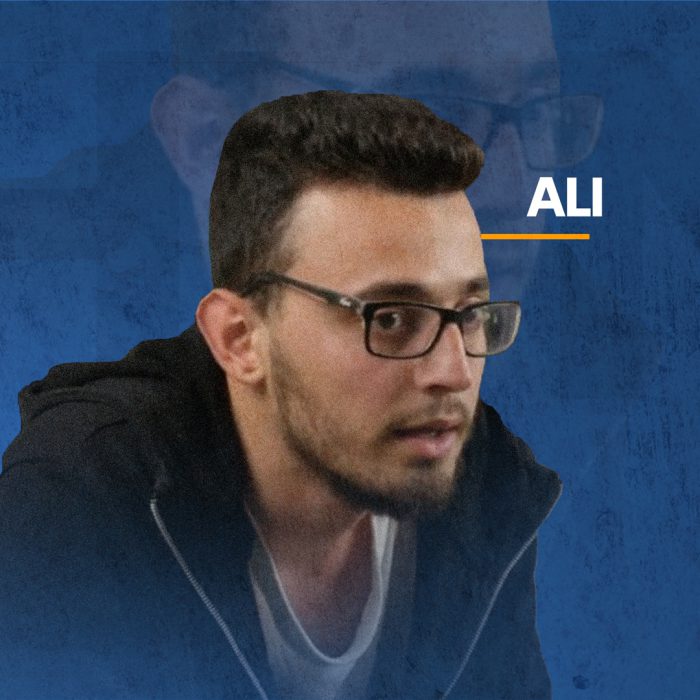
Ali
I left Syria because of the war. When I arrived here, I didn’t feel like I’m a refugee. I felt like any normal person. Romania held me when I had no country and Romanian people helped me when I had nobody to help me.
Lucky me, I listened to people who had a message, who had stories, who want to change the world with their music. Not silly music.
What makes me happy here is that finally I am able to create my new life, to stand up on my feet.
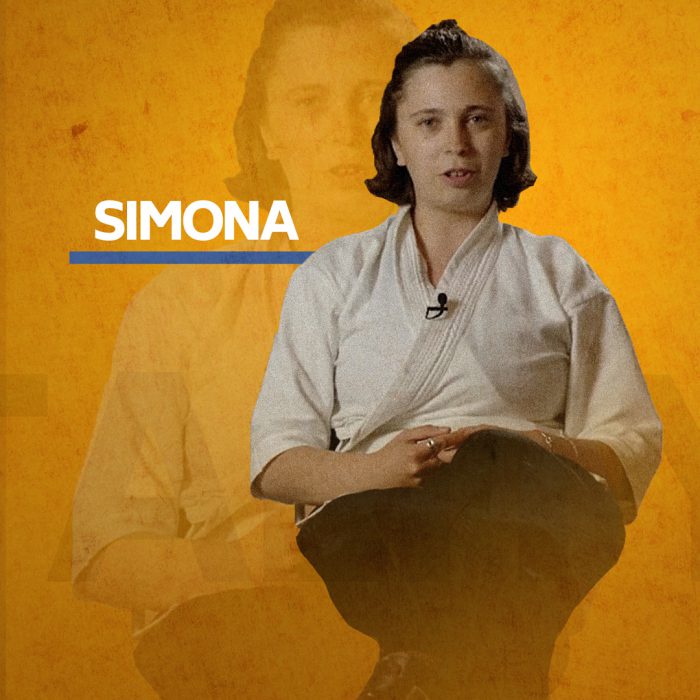
Simona
Within the Timosoara Refugee Art Festival. I chose the short movies for a competition. They are international short films.
He told me that he’s been writing poetry since he was little, and rap was his way of using poetry in his life and career.
I don’t find the fact he is a refugee relevant, but I do find his experiences and his journey relevant, during which he demonstrated high emotional maturity especially for his age.
